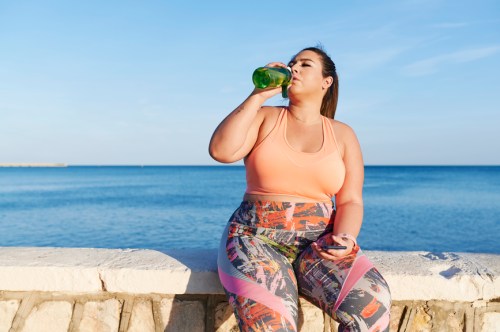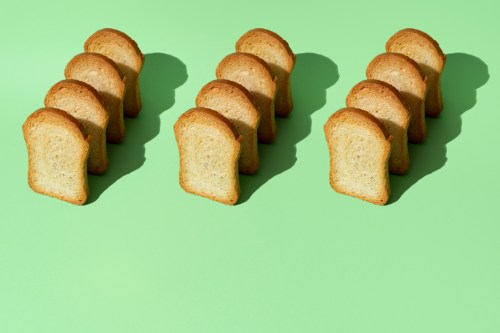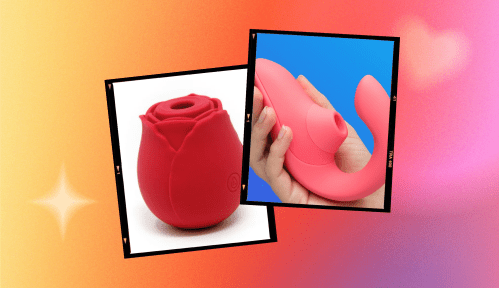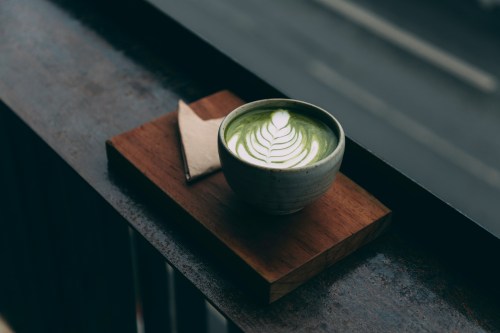When it comes to caring for our bodies, we know a lot of our wellness practices can be seasonal—especially as the hot summer months roll around. For example, you might leave the heavy moisturizers in the drawer in favor of a lighter, sweat-resistant formula. Or you might start your runs earlier in the day to avoid the worst of the heat.
Experts in This Article
registered dietitian, nutritionist, and author of the book, Gentle Nutrition: A Non-Diet Approach to Healthy Eating
functional medicine doctor and founder of VibrantDoc
One wellness practice that’s left us scratching our heads? Hydration. The added heat means we should be drinking more water… right?! Or is our sudden thirstiness all in our heads?
Stacie Stephenson, DC, CNS, a chiropractor, functional medicine expert, and nutritionist, confirms that it’s not our imaginations. You do need drink more water in summer—particularly if you live an active lifestyle in a hotter climate. Dr. Stephenson explains that the summer heat typically makes us sweat more. The more we sweat, the more water our bodies lose—if you don’t compensate for that loss of moisture through drinking, you can run the risk of dehydration.
“Those in hot climates need to drink more water, especially if they’re exercising or exerting themselves in the heat,” Dr. Stephenson says. She mentions a small 2020 study out of the University of Arizona that examined how hikers performed in hot weather (105 degrees Fahrenheit) versus moderate weather (68 degrees Fahrenheit). It found that hikers in hot conditions tended to require more water (and lose more) than hikers in moderate weather. The study also cites a pre-existing stat about heat-related illness (HRI) at the Grand Canyon, where 25 percent of people treated at the national park for HRI were severely dehydrated.
“Multiple other studies have looked at the ways in which exercising in heat causes dehydration, because most people don’t drink enough fluid to compensate for fluid loss through sweating,” Dr. Stephenson says. “Exercising in hot weather raises core body temperature and the body is consequently less able to tolerate the stress of excess heat. Drinking more water appears to reduce this strain.”
Even if you don’t live in, say, Arizona or Florida, you should probably take note of your water intake. Rachael Hartley, RD, LD, a registered dietitian and author of Gentle Nutrition: A Non-Diet Approach to Healthy Eating ($27), says you should up your fluid intake when it’s hot out—even if you’re relaxing in a shady spot, out of the direct sunlight.
“The Centers for Disease Control and Prevention recommends drinking one cup of water every 15-20 minutes when you are working outside in the heat, and I think that’s a good place to start,” Hartley says. “If you’re not as active—for example, laying out by the pool—you may be okay drinking a little less often, like a cup every 20-30 minutes.”
Both Dr. Stephenson and Hartley agree that while quenching thirst water is a must for mitigating the risks of dehydration. The added heat can be tough on our bodies, making them work more just to keep our core temperatures down. It’s more than just feeling thirsty—the risks associated with dehydration are serious and, in some extreme cases, life threatening. “Dehydration can impair blood pressure, cardiovascular function, and vascular function, increasing stress on the nervous system and putting people at greater risk of a heart attack. It can also interfere with mood, cognition, and concentration, not to mention endurance, speed, strength, and energy,” Dr. Stephenson says.
Before you go refilling your HydroFlask, there are some general hydration best practices to keep in mind so you don’t overdo it (yes, you can drink too much water.)
In addition to water, Hartley suggests natural juices, tea, and even coffee (in moderation) to meet your hydration needs. “Drinks with caffeine increase urination, so they’re not quite as effective,” she says. “Sports drinks, which contribute additional electrolytes, are also helpful.” (Just keep an eye out for the sugar content.)
Food can help you stay hydrated, too. “Several studies suggest that we get 20-25 percent of our daily water intake from food,” Dr. Stephenson says. If you’re feeling hungry, snack on foods with high-moisture content, like juicy watermelon, fresh greens, and protein-packed shrimp. Wash it down with a cool glass of H20: “Water hydrates better if you drink it while also having a snack, as the presence of nutrients appears to increase the body’s ability to absorb water rather than flushing it straight out,” Dr. Stephenson says.
Oh hi! You look like someone who loves free workouts, discounts for cult-fave wellness brands, and exclusive Well+Good content. Sign up for Well+, our online community of wellness insiders, and unlock your rewards instantly.
Sign Up for Our Daily Newsletter
Get all the latest in wellness, trends, food, fitness, beauty, and more delivered right to your inbox.
Got it, you've been added to our email list.











